Alumni
People
Alumni
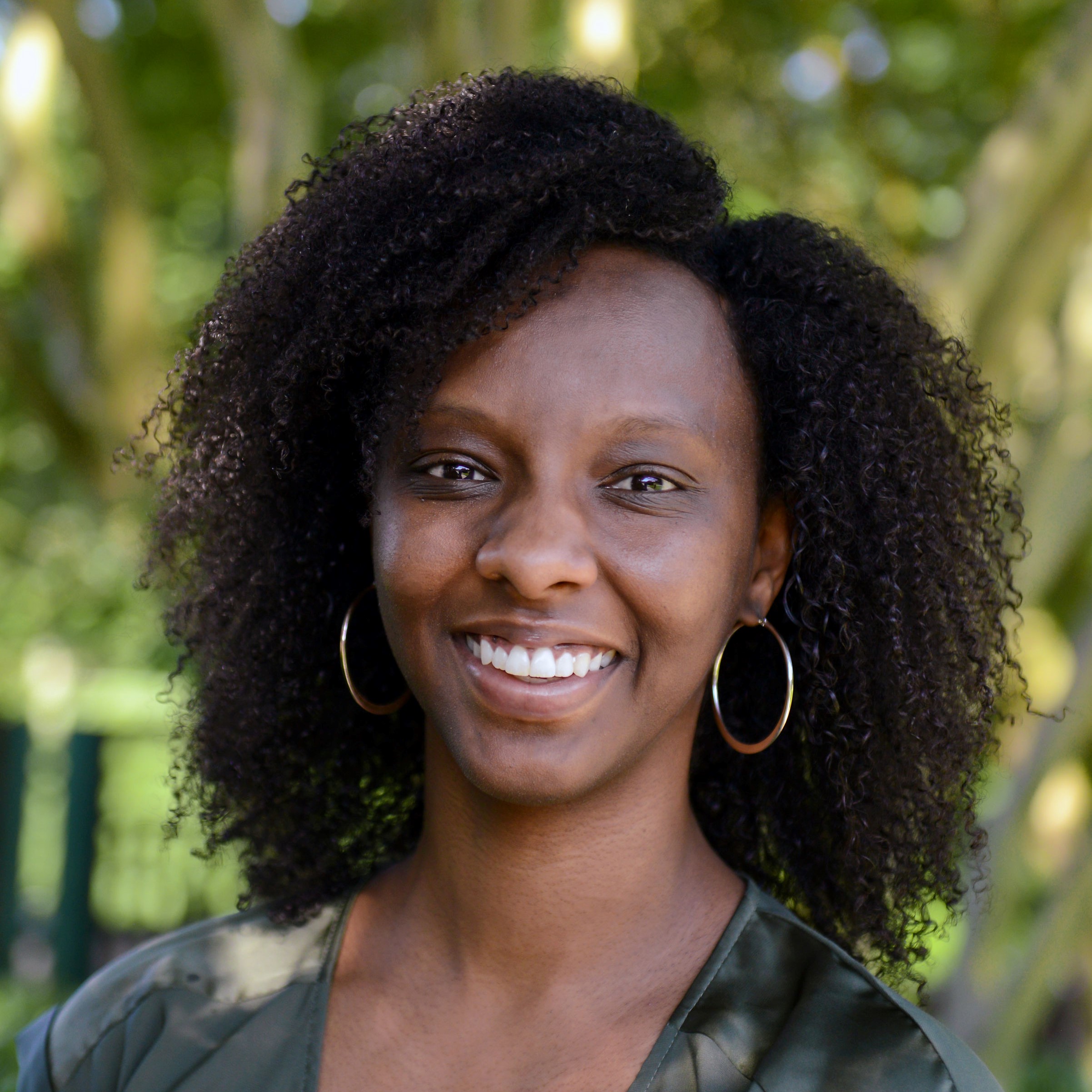
Jonet Artis
Degree: Class Of: Current Occupation: How has linguistics informed or aided your career path since leaving UNC? Comments:
BA in Linguistics, Minor in Spanish for the Health Professions
2009
Provost Postdoctoral Fellow at New York University
Linguistics helped spark my interest in learning about language development. My interest in the topics covered in linguistics also helped to inspire me to pursue a career as a speech-language pathologist. As I practiced as a speech-language pathologist, I continued to use the information that I learned about language development to assist clients in need of speech and language services. Now, I am teaching students about early language development and include many of the topics covered within linguistics in my course. In addition, information that I learned within the linguistics courses has also informed my research interests in the early language development of children diagnosed with autism spectrum disorder or other developmental disorders
I am very appreciative of the faculty within the department and their support. I also valued that many of the linguistic courses aligned with the speech and hearing sciences courses, which allowed me to develop a greater understanding of language development. I am grateful for my experiences as a Linguistics major at UNC.
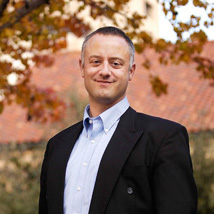
Hans Boas
Degree: Class Of: Current Occupation: How has linguistics informed or aided your career path since leaving UNC? Comments:
MA (1995), PhD (2000)
2000
Professor at UT Austin, Director of the Linguistics Research Center
My linguistics Ph.D. has opened up a wonderful professional path pursuing my dream of researching and teaching linguistics. I feel incredibly lucky to have had such wonderful mentors at UNC Chapel Hill, who provided all the support I needed in graduate school.
Besides the faculty in the linguistics department there are many other wonderful linguists across campus. I highly recommend exploring their classes, too.

Christina Boyle (Fea)
Degree: Class Of: Current Occupation: How has linguistics informed or aided your career path since leaving UNC? Comments:
BA in Linguistics and Communication Studies, Minor in Speech and Hearing Sciences
2016
Speech Language Pathologist
I was admitted to (and recently graduated from!) NYU’s master’s program in Communicative Sciences and Disorders and I am now in a profession where I use language and linguistics every day as a speech-language pathologist! I work with children and adults in an outpatient clinic and I constantly refer back to my classes when explaining how we learn language to clients and caregivers. I also utilize IPA transcription and important aspects of linguistics- including syntax, semantics, morphology, and phonology- constantly to diagnose and treat my patients.
I thoroughly enjoyed all my classes. To quote from my grad school entrance essay, "In the spring of 2012, I took my first linguistics class at The University of North Carolina, Chapel Hill. All at once, this indulgence, which had always felt so obscure, had a name and community. We studied syntax, morphology, and semantics at a fast pace; I worked harder and more thoroughly than I ever had in order to keep in line with my peers. Despite this challenge, the deep satisfaction elicited from learning everything I could possibly learn about words-about language- was unlike anything I’d ever experienced in school.
During this time, I had been studying biology with the intent to work in family practice medicine and pediatrics. In many ways, biology captivated me; I found the intricacies of the major equally as stimulating and challenging as linguistics. However, I began to realize that I needed to narrow my focus. I began searching for a specialized major in the vein of biology. And then, on an ordinary Monday morning, the guest speaker in linguistics was a professor from our department of Speech and Hearing Sciences. A speech pathologist. I was mesmerized.
This occupation would allow me to indulge in my love of language while maintaining a significant focus on development and anatomy, the aspects of biology I enjoyed most. Beyond this, speech pathology offered versatility in work settings, opportunities to continually learn and grow, and a means to positively impact my community."
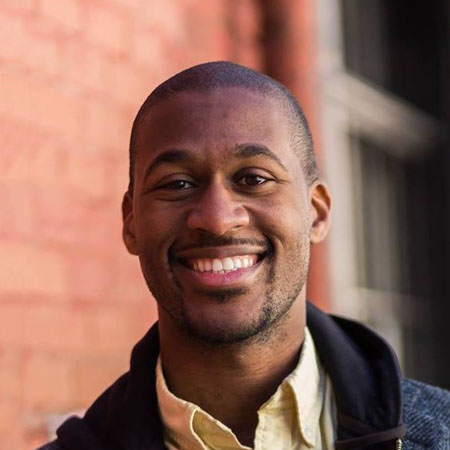
Teon Brooks
Degree: Class Of: Current Occupation: How has linguistics informed or aided your career path since leaving UNC?
BS in Psychology and Linguistics
2009
Data scientist at Mozilla
Linguistics introduced me to the world of cognitive science, which frames the way I approach understanding user behavior and intentions. It taught me different analytical approaches to find evidence for and against an argument. It also taught me key skills in observational studies that I used when I’m exploring new data.
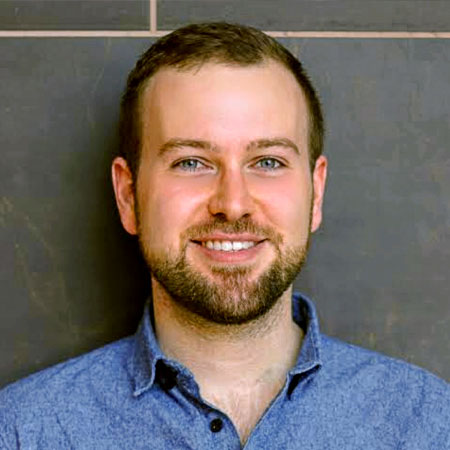
Ramsey Cardwell
Degree: Class Of: Current Occupation: How has linguistics informed or aided your career path since leaving UNC? Comments:
BS in Psychology and Linguistics, Minor in Chinese
2011
PhD student at UNC-Greensboro and Language Assessment Intern at Duolingo
Linguistics has been integral to just about everything I have done since graduating from UNC. I taught English in Korea for three years, and having a background in topics like syntax, phonology, and language acquisition definitely helped me be a better teacher. Now I am pursuing a Ph.D. at UNCG in educational measurement, specializing in language testing. Measuring individuals’ language proficiency requires a foundational knowledge of linguistics, especially the different components of language and how people process language. Having a degree in linguistics made me a competitive applicant for my current internship at Duolingo, where I am conducting research on the Duolingo English Test. I certainly would not be where I am today without the excellent linguistics training I received at UNC!
I have very fond memories of my linguistics experience at UNC. My linguistics classes were some of my favorites, and I only regret that I didn’t take more classes while I had the chance!

Chelsea Carter
Degree: Class Of: Current Occupation: How has linguistics informed or aided your career path since leaving UNC? Comments:
BA in Linguistics with Minors in Speech and Hearing Sciences, and Hispanic Studies
2018
First Year Master’s Student in UNC’s Speech-Language Pathology program
My linguistics background helps me significantly in my current speech pathology courses. For example, I am well versed on dialectal differences, calculating mean length of utterances, supporting bilingual development, phonology, and semantics, which are all important for future speech-language pathologists to know!
I appreciated the smaller class sizes and incredible faculty! In my larger classes at UNC, I would never comment or ask questions. However, there were fewer students in the linguistics courses, which allowed me to become more comfortable speaking in class. Additionally, the faculty always helped me outside of class, from questions about the material to graduate school advice
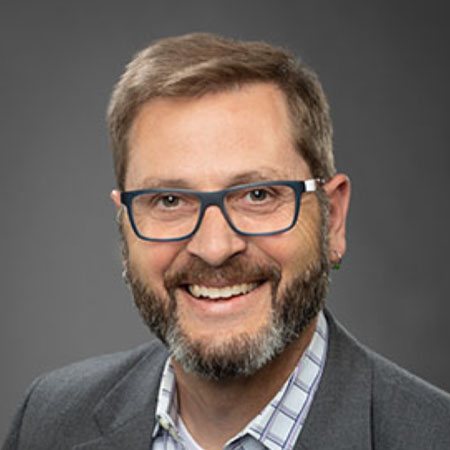
Ian Clayton
Degree: Class Of: Current Occupation: How has linguistics informed or aided your career path since leaving UNC? Comments:
PhD
2010
Linguistics professor
After completing my degree I worked as contingent faculty teaching linguistics courses (2010-2014). I then completed post-doc in language documentation and laboratory phonology (2011-2014), and I am now an assistant professor of linguistics at the University of Nevada, Reno.
The Linguistics Department at the University of North Carolina is a positive, supportive environment for graduate work in linguistics. The department has faculty who do groundbreaking research, and the students are never anonymous; they receive considerable personal attention from faculty. The university provides excellent support for research, including an excellent library, funding for international travel, and a rigorous academic environment.

Metta Crouse
Degree: Class Of: Current Occupation: How has linguistics informed or aided your career path since leaving UNC? Comments:
MA
2016
Software Engineer
The first time I wrote any code was in a computational linguistics class at UNC. I used those skills in my research assistantship and was able to build on them after graduation, which eventually led me to start a career in software development in Seattle.
I use the skills I learned in the linguistics program -- how to research, make an effective presentation, and work through a problem -- every day. There is a lot of overlap in job opportunities for software development and linguistics so I'm always looking out for ways to bring those two interests together.
At UNC I was given the opportunity to participate in several lab groups, a research assistantship, and the organization of the annual colloquium. The professors were great about making sure everyone who was interested would be able to participate in these activities and were always willing to work with students to pursue their interests. When I expressed interest in historical linguistics, a professor offered to organize the class despite it not being scheduled for that semester. The size of UNC also gave me the opportunity to take advantage of other departments with linguistics-related offerings, such as a philosophy of language class in the philosophy department.
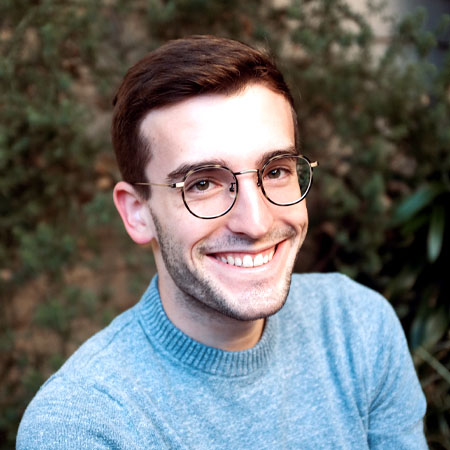
Nolan Danley
Degree: Class Of: Current Occupation: How has linguistics informed or aided your career path since leaving UNC? Comments:
BA in Computer Science and Linguistics
2016
Software engineer
When I decided to double major I had no idea how useful my linguistics experience would be in pursuing a career in software engineering. In addition to the leg up of being familiar with concepts like finite state automata before reaching them in my CS studies, my linguistic degree opened the door to many great opportunities such as my first job with a linguistics-focused tech startup. Since then I’ve felt like my degree always sets me apart in interviews—even for positions not directly linked to linguistics.
Linguistics is such a broad field that it has some of the most interesting electives I got to take at UNC. I still haven’t met anyone outside of Carolina that studied mathematical linguistics. And not only the ones within the department, courses I took in the ENG and INLS departments were some of the highlights of my time at Chapel Hill.
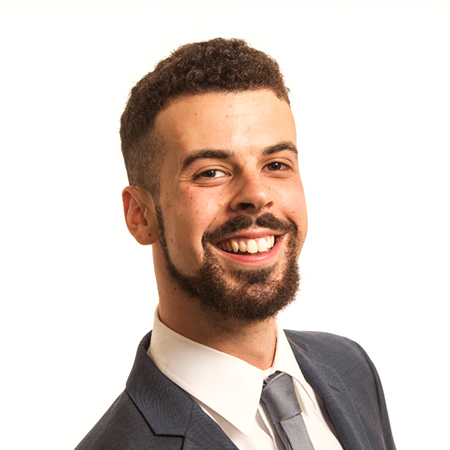
David Doochin
Degree: Class Of: Current Occupation: How has linguistics informed or aided your career path since leaving UNC? Comments:
BA Linguistics, History -Modern European Concentration
2018
Content Strategist at Babbel
Working for a language learning app, I’m fortunate to be surrounded by buzz about linguistics and international culture every day. As a content strategist, my job naturally entails editorial writing, marketing, and branding, some of my skills and passions. The fact that I’m selling the experience of language learning as a product on top of that is a real treat. I get to flex my deep and nuanced linguistic knowledge that I picked up at UNC and convince potential customers that my company is the go-to source for broadening their cultural horizons and their linguistic repertoires. I cherish being able to apply my education to share what I love about linguistics with others on a wide scale; it’s rewarding to see that my degree doesn’t restrict me to very technical and academic linguistic work, though I miss doing those types of analyses, too!
I really value the holistic approach to the field that UNC’s linguistics department gave to me. The balancing of core classes with electives made it so that I could explore my particular interests individually while staying on track to learn the essentials of linguistic theory and its applications with my fellow students. And of course, it was a pleasure to geek out with the professors in the department about their focuses and expertise!

Karen Faegin
Degree: Class Of: Current Occupation: How has linguistics informed or aided your career path since leaving UNC? Comments:
BA in Linguistics, Minor in Portuguese
2008
Ph.D. Student
Linguistics has been a constant and crucial part of my career path since leaving UNC – ultimately for the better, although I did have some struggles along the way, as well. I transferred to UNC specifically to study linguistics, and Portuguese, because I felt passionate about languages, the study of language in general, and the importance of human communication.
After I graduated, I didn’t know how to move forward in a career that involved linguistics, and I spent a while bouncing between different jobs until I realized that staying in linguistics meant returning to school. I applied to various graduate programs and was accepted to the master’s in applied linguistics program at Georgetown.
My undergraduate experience at UNC had helped prepare me for the rigorous coursework, especially in semantics and syntax, because even the applied concentration at Georgetown had a heavy focus in theoretical domains. After graduating with my master’s, I worked in language assessment for several years, although I finally decided to go back to school again because I felt that it was necessary to be able to exert more control over the direction I wanted to take in my work.
After working on a contract with a Native American tribe who was trying to expand their national sovereignty through different language policy actions, including assessment, I felt the drive to study language policy and its capacity to empower, or oppress, minoritized and marginalized people, to try to use its power "for good."
I started at the University of Maryland in 2016 in the applied linguistics and language education program, housed within the College of Education. I’m currently conducting an exploratory pilot study for my dissertation, which will be a case study of educational language policy and how macro-level policies are enacted at the classroom level. I’ve always loved languages and linguistics, and I will always think it’s the greatest subject to study –our beautiful capacity for communication is an essential part of the human experience, and I never get tired of learning more about it.
My image for this profile, shows me at a recent trip to Denmark. I’m at the top of City Hall in Copenhagen, which is the highest point in the city you can visit. It’s not a picture of me doing anything professional, but it turns out I don’t have any photos of me in professional contexts! Besides which, I spent the entire trip learning everything I could about Danish, which is absolutely fascinating—I was particularly challenged by their phonology, but the written language is strikingly similar to English and German, so I could read a fair bit of it!
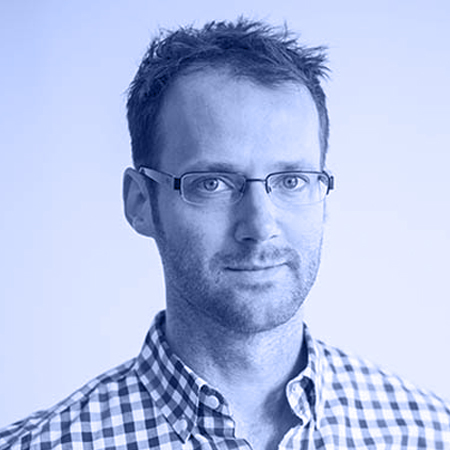
Alex Fine
Degree: Class Of: Current Occupation: How has linguistics informed or aided your career path since leaving UNC? Comments:
BA in Linguistics, Minor in German
2006
Senior Data Scientist at Qntfy
After graduating from UNC, I went on to get a joint Ph.D. in Brain & Cognitive Sciences and Linguistics at the University of Rochester, where my research focused on psycholinguistic approaches to linguistic, especially syntactic, variation. Since I transitioned from academia to industry in 2015, I’ve continued to work with linguistic data in various ways. My current work involves analyzing large volumes of social media data, mostly text, to try to understand linguistic predictors of mental health conditions and propensity for substance abuse and other harmful behaviors in order to aid the work of clinicians and other experts in these domains.
Studying linguistics at UNC gave me a solid foundation in a wide range of linguistic phenomena that, I would like to believe, has made me a more sensitive and intuitive researcher. More generally, I think even if my interests had led me away from language, my coursework and undergraduate linguistics thesis taught me a lot about the patience, attentiveness, and, frankly, love required to grapple with highly complex and often messy phenomena, of which human language may be the best example.
Having now had the experience of being a Ph.D. student and a post-doc in several psychology and linguistic departments, it’s easier to appreciate how far out of their way the UNC linguistics faculty always went to make time for me when I was an undergraduate — answering my e-mails, meeting with me outside of office hours. Even as a feckless 20 year-old, I felt supported and welcomed by the department. It’s impossible to say what would’ve happened if I’d studied something besides linguistics at UNC, but it’s hard to imagine I would’ve found an equally nurturing community anywhere else, and I’ll always be grateful for that.
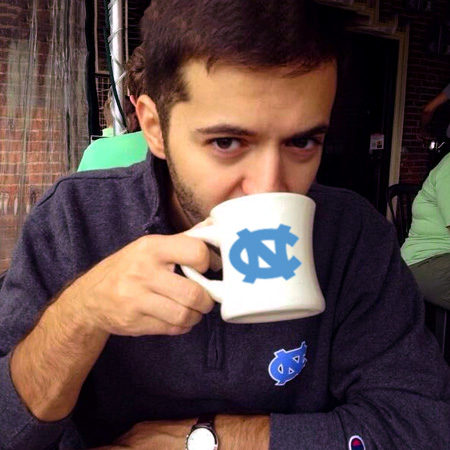
Iyad Ghanim
Degree: Class Of: Current Occupation: How has linguistics informed or aided your career path since leaving UNC? Comments:
MA Linguistics
2016
PhD candidate in Communication Sciences and Disorders
After earning my degree from UNC, I began a Ph.D. program in Communication Sciences & Disorders to research language attrition and word retrieval difficulties in disordered and non-disordered populations. Especially in this field, having a background in linguistics has been a well-suited complement to the clinical approach that dominates much of the field.
As part of a research team that researches bilingual speech perception in noise using ERPs, I have been able to interpret data in a different way and understand the results that we get in the context of linguistics. This helps inform the next directions that we go into to test some of possible linguistic reasons behind these results. Also, thinking about things from a linguistics perspective has made me not only a valuable member of my research team, but an effective and well-rounded instructor in the field as well.
I loved my time UNC and find myself talking about my experiences in the linguistics department constantly.
The professors at UNC took time to infuse their coursework with practical skills in a way that naturally fit in with the context of what we were learning. In classes devoted to phonetics or first language acquisition, for example, I learned about how to ask scientific questions, design and run a research experiment, and how to analyze data, charts, and graphs. I learned about how to structure a publishable paper, give an effective presentation, and even gained experience teaching a linguistics course. This kind of early exposure was so useful in a research Ph.D. program, especially one in which other students may not have had the same depth of professional experiences that I have had.
Importantly, the professors I had at UNC came from a variety of different academic and professional backgrounds which was valuable in figuring out where you wanted to fit in the scope of the field.
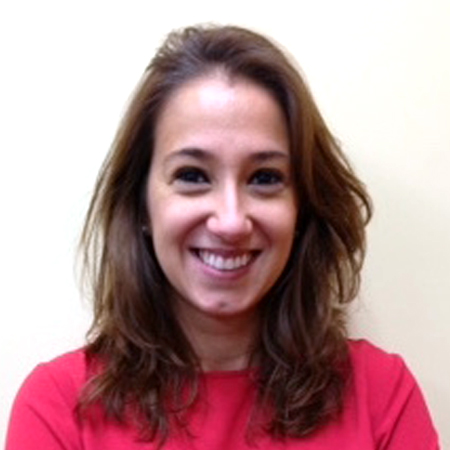
Inmaculada Gómez Soler
Degree: Class Of: Current Occupation: How has linguistics informed or aided your career path since leaving UNC? Comments:
MA and Ph.D.
2012
Associate Professor at University of Memphis
I am an Associate Professor at University of Memphis where I direct the Lower Division Spanish Program and supervise Spanish Graduate Teaching Assistants. My research program lies at the interface between the formal study of second language acquisition and heritage speaker bilingualism, and language pedagogy. My theoretical research explores the acquisition of syntax-semantics and syntax-pragmatics interface phenomena (e.g., psychological verbs argument structure alternations, flexible word order with ditransitive predicates). My most recent projects focus on the applied areas of teacher training and educational language policy.
At University of Memphis, we offer a minor, a major and an MA in Spanish. We are two linguists in my Department and we are working on developing more Linguistics courses both at the undergraduate and at the graduate levels. I have taught some new graduate courses in the past few years such as “Spanish in the U.S.” and “Advanced Issues in Foreign Language Pedagogy” that were well received the students. I have also designed a new course for Spanish heritage speakers at the undergraduate level that addresses the linguistic needs of the increasing number of heritage speakers at my institution.
Learning about Linguistics does not stop in graduate school. One of the most exciting aspects of being a professor is seeing your own research and teaching evolve over the years with new influences from mentors, colleagues, and students.
In my 6 years at UNC, one of the things that I enjoyed the most was to be able to be a part of an interdisciplinary community of scholars, professors and students. I had the opportunity to teach in the Department of Romance Studies and I also participated in the Languages Across the Curriculum Program. I had great mentors in the Department of Linguistics as well as in the Department of Romance Studies and I believe the collaboration between them allowed me to develop a research agenda that took into account different perspectives, fields, and approaches.
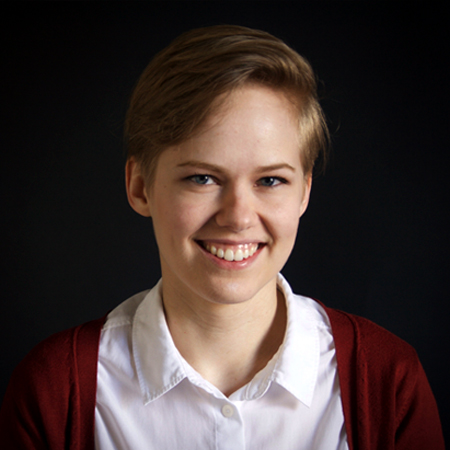
Duna Gylfadottir
Degree: Class Of: Current Occupation: How has linguistics informed or aided your career path since leaving UNC? Comments:
BA, Double Major in Linguistics and Romance Languages, Spanish
2011
Postdoctoral Fellow at the University of British Columbia
I just received my Ph.D. at the University of Pennsylvania and am pursuing a career in linguistics.
UNC Linguistics gave me a solid theoretical base on which to build my understanding of language variation and change. My dissertation work is on a sound change in Seville, Spain - where I first set foot studying abroad as a sophomore.
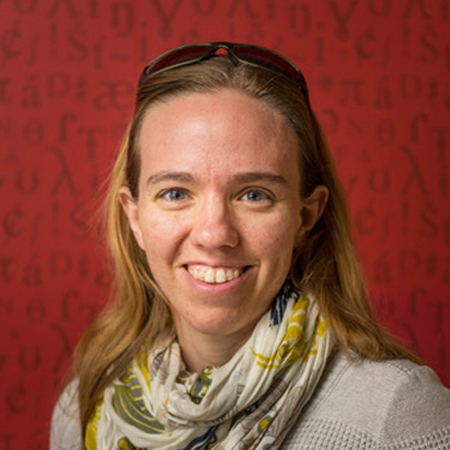
Kathleen Hall
Degree: Class Of: Current Occupation: How has linguistics informed or aided your career path since leaving UNC? Comments:
BA with Distinction in Linguistics with Highest Honors; Minor in German
2003
Associate Professor of Linguistics, University of British Columbia
My time in the UNC linguistics department was foundational for my career. In addition to the obvious fact that I’m now a professor of linguistics, there are many specific values that I learned at UNC that I try to carry forward. In particular, I try to give my undergraduate students the same kind of opportunities I was afforded at UNC: to be directly involved in original research, not just as an RA but also as a co-author; to be involved in departmental administration such as decisions about hiring; to have opportunities to organize events of direct interest and relevance to undergrads, supported by the faculty; and more generally to be treated as an important and valuable member of the departmental community.
One of my most salient memories from UNC is my honors thesis defense. I remember being over-awed by the fact that several professors that I admired greatly were gathered together, having read *my* work, for the sole purpose of hearing me talk about it and questioning me about it. While of course it was intimidating, it was also thrilling. When I started grad school, I think this was a huge advantage: I had experienced first-hand the excitement of intellectual engagement, and it sustained me when other students sometimes struggled with the “why” and “how” of graduate studies.
It’s also striking that for a relatively small program, UNC has a huge impact on Linguistics. For example, of the 10 students in my graduate cohort, five (!) had direct connections to UNC (three of us were alumni!). In my first year at UBC, I found myself sharing office hours with a sessional lecturer that I had last seen in a phonology course at UNC, and at the moment, one of our post-docs is another Marc Adam Eisdorfer recipient. I could go on, but the point is this: the linguistics education and preparation at UNC is simply excellent, and it’s fantastic to see so many UNC alumni making an impact on the field.
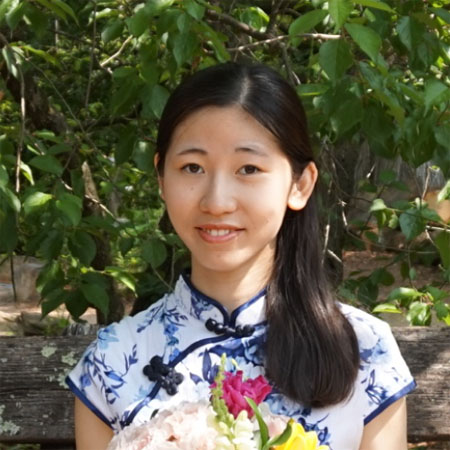
Xue He
Degree: Class Of: Current Occupation: How has linguistics informed or aided your career path since leaving UNC? Comments:
MA
2017
PhD student in second language acquisition at University of Iowa
The linguistic courses I took at UNC gives me a solid background in understanding language and how people acquire languages. Having such background helps me better understand research in second language acquisition and do research in the field.
I learned how to read and write research papers during my study with Linguistics at UNC, which is really helpful for my Ph.D. study.
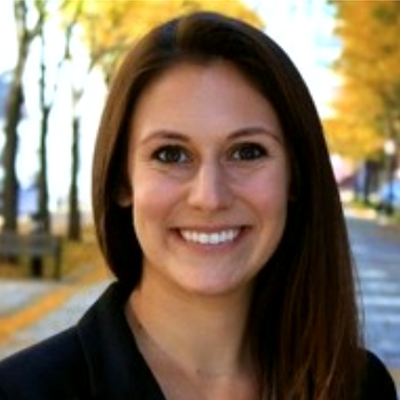
Molly Jabeck
Degree: Class Of: Current Occupation: How has linguistics informed or aided your career path since leaving UNC? Comments:
BA in Linguistics, MS in Communication Sciences and Disorders
2012
Speech-Language Pathologist
Having a Linguistics background was very helpful in graduate school! I gained an in-depth knowledge of language and how complex it is. Having this knowledge prior to graduate school meant that I could focus my studying efforts on other areas. I recently attended the American Speech-Language Hearing Association national convention and found myself using skills that I learned at UNC in the Linguistics program. Peers in graduate school told me that they wished they had taken more Linguistics courses during their undergraduate studies!
I was able to assist with research that was being done by Linguistics professors at UNC and that was wonderful experience and taught me a lot.
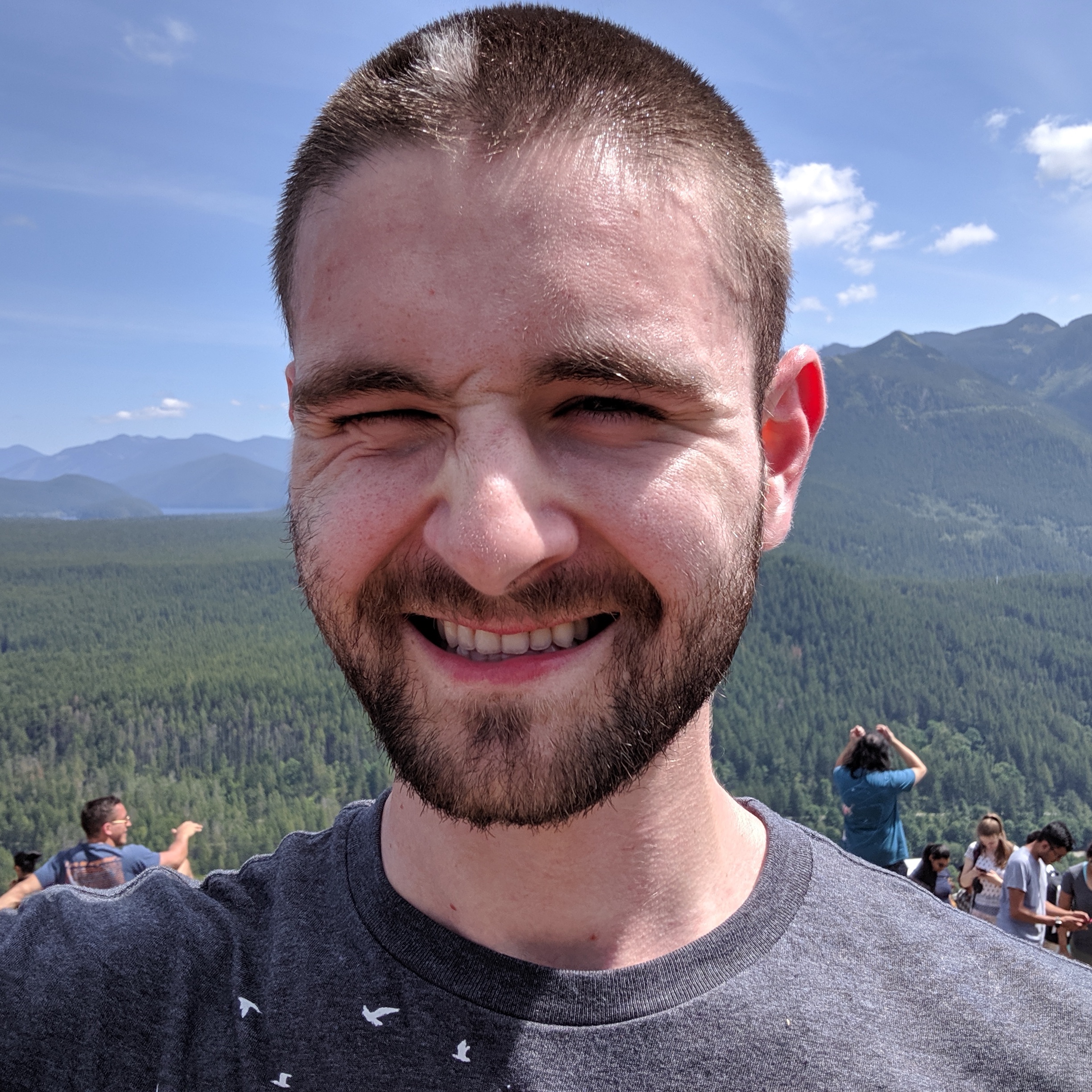
Grant King
Degree: Class Of: Current Occupation: How has linguistics informed or aided your career path since leaving UNC?
BA in Linguistics and Economics, Minor in Japanese
2017
MS student in Analytics
I first became interested in research through linguistics, and started working in a psychoacoustics lab during my time as an undergraduate. This led me to working as a public health economist at RTI International right after graduation, and now I’m pursuing a Masters in Analytics at NCSU and hoping to move back towards linguistics through working in natural language processing.
Throughout this process, I’ve relied heavily on the writing and communication skills that I developed during my linguistics degree – my strength in this area has allowed me to publish multiple papers in academic journals without even having a graduate degree!
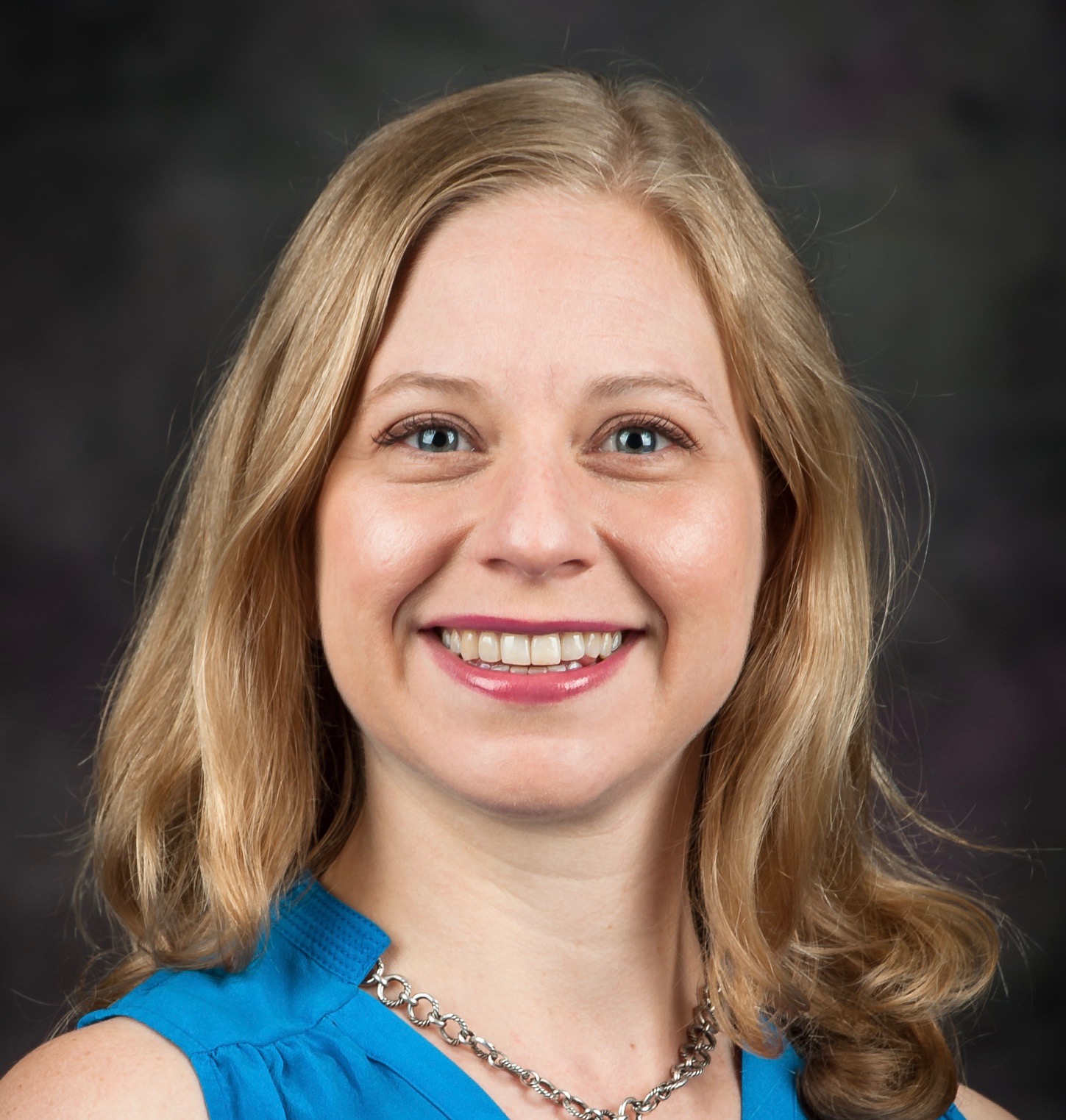
Mary Kohn
Degree: Class Of: Current Occupation: How has linguistics informed or aided your career path since leaving UNC? Comments:
PhD
2013
Associate Professor in English and director of the Kansas Speaks Project at Kansas State University
I have my dream job leading undergraduate research experiences in linguistics and teaching teachers about language at K-State, an R1 school in the Big 12 conference.
My experience with UNC Linguistics gave me the training and support to be competitive on the academic market. Faculty in the department are excellent mentors and set students up for success.
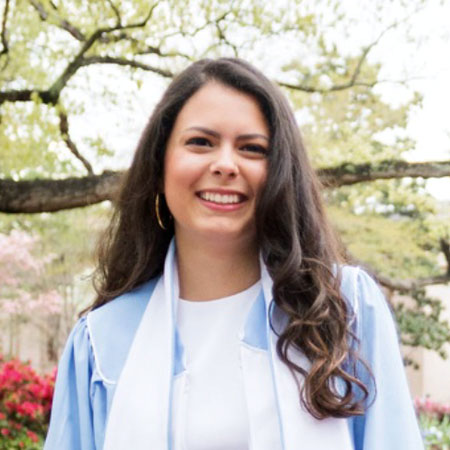
Elena Lenis-Zuluaga
Degree: Class Of: Current Occupation: How has linguistics informed or aided your career path since leaving UNC? Comments:
BA in Linguistics and Hispanic Linguistics, Minor in Speech and Hearing Sciences
2018
6th grade English language arts teacher
I work in a very diverse school where, in one classroom, I have students who have only been in the U.S. for 6 months to 2 years, students who are 11 on a first-grade reading level, students who scored almost perfect scores on the End-of-Grade testing, and students all across the spectrum of language learning. Having the linguistics background, specifically in language acquisition, has helped me think of ways to differentiate lessons to help my extremely diverse groups. I can meet them where they are and try to help catch them up to where they “should” be.
Completing the major was one of the most challenging things I have ever done. It helped me understand my personal and academic faults by forcing me to look at how I approached learning and certain concepts. At the same time, I was able to understand other cultures within and outside of the U.S. by looking at how those cultures speak.
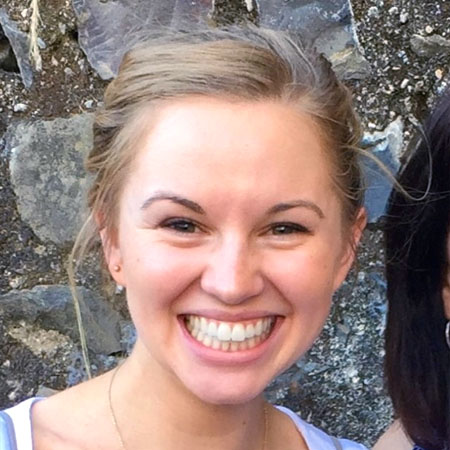
Hayle Lueth
Degree: Class Of: Current Occupation: How has linguistics informed or aided your career path since leaving UNC? Comments:
BA in Linguistics, Minor in Spech and Hearing Sciences
2015
Behavioral interventionist and grad student in Speech-Language Pathology
Before even beginning my undergraduate career at UNC, I knew my goal was to become a licensed Speech-Language Pathologist (SLP). People questioned why I would attend a university that did not offer SLP as a major, and instead chose to study linguistics with a minor in SLP. The truth is I was sold on UNC the day I received the acceptance letter; I knew it was the institution of which I wanted to be a part. This decision has equipped me with a broader knowledge set because not only do I have the prerequisites for graduate school, such as language development, phonetics, and physiology, but I am fluent in how to deconstruct language across cultures.
In my work as a Behavioral Interventionist for children diagnosed with Autism, I have repeatedly been used as a reference in developing speech programs for monolingual English and bilingual English-Spanish speakers. In my free time, I also use what I learned from outstanding UNC professors to tutor adults struggling with English literacy at the local library. My undergraduate career in linguistics has supplied these opportunities and many more. It is an uncommon major that has gifted me with a heightened appreciation of language and culture, and the skills to best serve the people who give those meaning.
As a first-generation college student, living across the country from anyone I knew, UNC was highly intimidating. However, as a linguistics major, I was quickly able to connect to a group of people that became family. I knew everyone in the department, which made becoming involved so much easier. Now I am back across the country, in California, but Carolina will always feel like home thanks to the Linguistics Department.
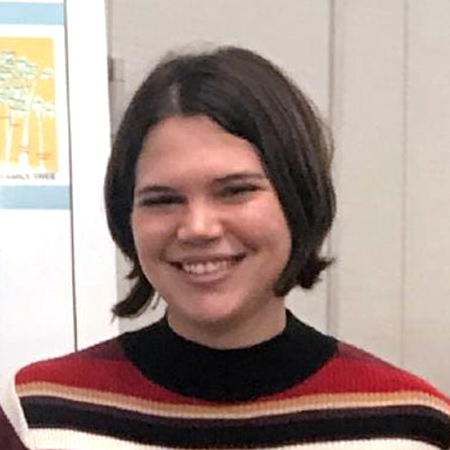
Amaya Madden
Degree: Class Of: Current Occupation: How has linguistics informed or aided your career path since leaving UNC? Comments:
Bachelor of Arts, Double Major: Linguistics and Asian Studies - Japanese
2015
Project Coordinator of two linguistics research projects at Penn State
Both of my full-time jobs since graduating have involved language/linguistics – my first job was as a Japanese-English translator, and my current job involves research in second language acquisition. I love this field, obviously because it’s what I always wanted to do, but also because everyone I’ve met in it so far is so encouraging and so focused on lifting each other up and connecting new graduates with the resources they need. Overall, I’m very glad I chose linguistics as my major in undergrad, and I’m looking forward to hopefully continuing my studies in psycholinguistics in the future.
Is there anything else you’d like to add about your experience with Linguistics at UNC?
I would encourage anyone who can to take advantage of study abroad opportunities! Linguistics is such a diverse and varied field that I think it’s important to get out and see what sort of research is going on in other parts of the world. My semester studying abroad at the University of Edinburgh ended up being a key part of my experience with linguistics as a undergrad, since the courses I took there were what first sparked my interest in bilingualism. And it’s important to take advantage of all of the resources and different courses offered at UNC, too! The more areas of linguistics you familiarize yourself with, the more your research interest will start to click into place.
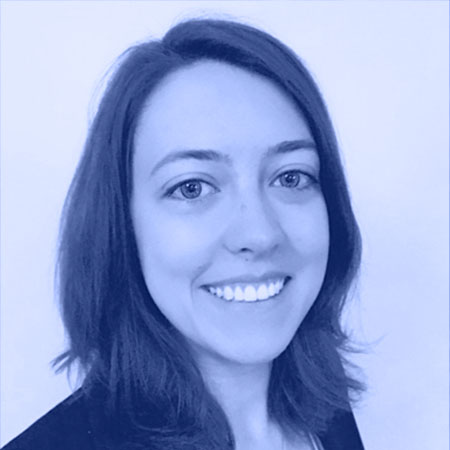
Kyla McConnell
Degree: Class Of: Current Occupation: How has linguistics informed or aided your career path since leaving UNC?
BA in Hispanic Linguistics and German Literature and Culture
2014
PhD candidate in Linguistics, University of Freiburg
When I began my undergraduate degree, I didn’t plan on studying linguistics. I had always had a fascination for language so had planned on studying German and Spanish languages. In my third semester, I was introduced to Hispanic Linguistics and quickly decided to make linguistics my major. My previous experience with language had only been in foreign language classes, but through linguistics, I could approach language as a science.
During my degree, I spent two semesters abroad in Freiburg, Germany, where I further learned how to combine my fascination for language with quantitative experimental methods. I was then able to take upper-level linguistics courses at Carolina, which furthered my understanding of language and the mind. After graduating, I returned to Freiburg for a master’s degree in English Linguistics, where I focused on experimental psycholinguistics. Now, I am a Ph.D. candidate at the University of Freiburg and have had the chance to work in an EEG lab on neurolinguistic data, as well as carry out my own experiments on the topic of prediction in language comprehension. Without the Hispanic Linguistics and study abroad programs at UNC, I wouldn’t be where I am today!
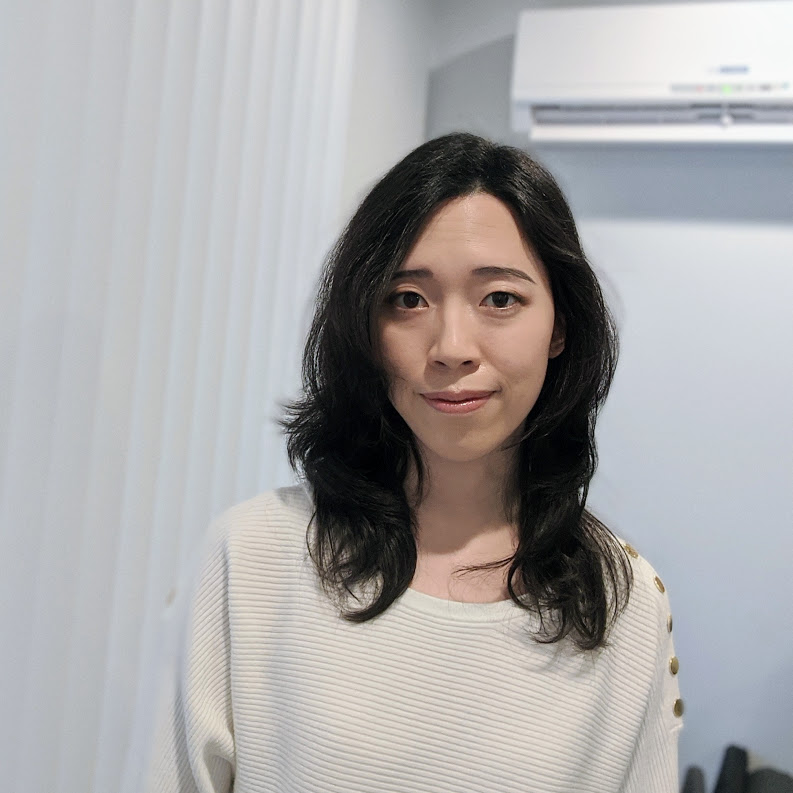
Emily Moeng
Degree: Class Of: Current Occupation: How has linguistics informed or aided your career path since leaving UNC? Comments:
PhD
2018
Language Engineer
Linguistics has been central to everything I do! Since leaving UNC, I have worked on Text-to-Speech to add new voices to the Google Assistant, and am now a Language Engineer at Amazon helping improve AI services. Today I work on Amazon Lex, a platform for businesses to create custom chatbots.
The UNC Linguistics Department provides a nurturing environment for its students. Rather than dictating subject matters or project topics to their students, the faculty guide and support their students’ interests, wherever that may lead. Learning in this department is not confined to the classroom – students are encouraged to participate in a number of research groups that provide a forum for trading ideas, exploring the subject matter deeply, and sharing findings with the wider research community in an effective manner.
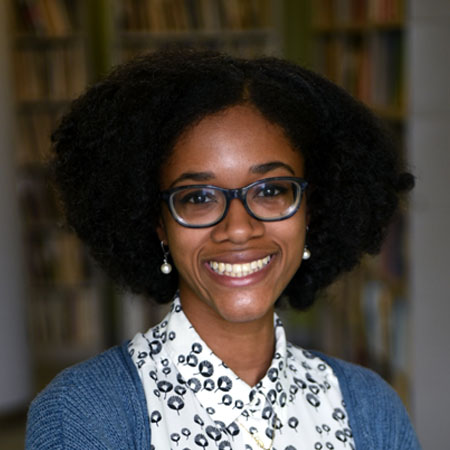
Anissa Neal
Degree: Class Of: Current Occupation: How has linguistics informed or aided your career path since leaving UNC? Comments:
BA/MA with BA minor in Hispanic Studies
2017
PhD student in linguistics at UMass Amherst
Doing the Dual BA/MA program at UNC helped me decide that I wanted to receive a doctorate in linguistics. Being able to do graduate level linguistics with wonderful professors and advisors, really made me feel confident in my decision to continue on in linguistics.
Even though I was there for five years, I still miss it every day!
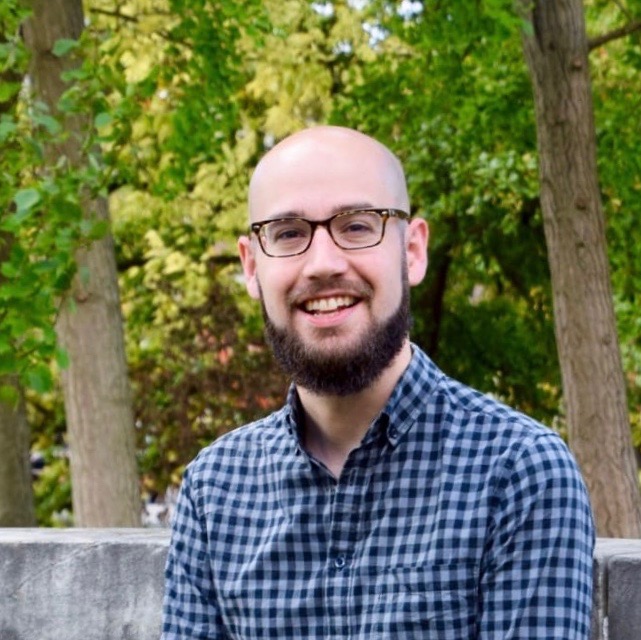
Justin Pinta
Degree: Class Of: Current Occupation: How has linguistics informed or aided your career path since leaving UNC? Comments:
MA
2013
Assistant Professor of Spanish Linguistics, Mississippi State University
My linguistics training at UNC has been absolutely vital to my career path since graduation. Upon graduation I taught English as a second language to Hispanic middle schoolers in Appalachian Virginia, and my training at UNC played a primary role in my ability to provide my students with a linguistically informed curriculum. Following my time in Virginia, I have continued my formal study of linguistics as a PhD student in Hispanic Linguistics at The Ohio State University. My training at UNC gave me the background I needed to be able to hit the ground running at Ohio State. As the recent recipient of a Fulbright-Hays Doctoral Dissertation Research Abroad grant, I conducted extended fieldwork for my dissertation in rural Argentina where a unique variety of Guarani is spoken – a language I became interested in during my time at UNC. Nothing which I have done since graduation would have been possible without my experience in Chapel Hill!
I am tremendously grateful for the brilliant faculty at UNC, who have been wonderful examples for me both personally and professionally. My collaboration with linguists at UNC is ongoing to this day, and I look back at my time at Carolina with nothing but fondness!
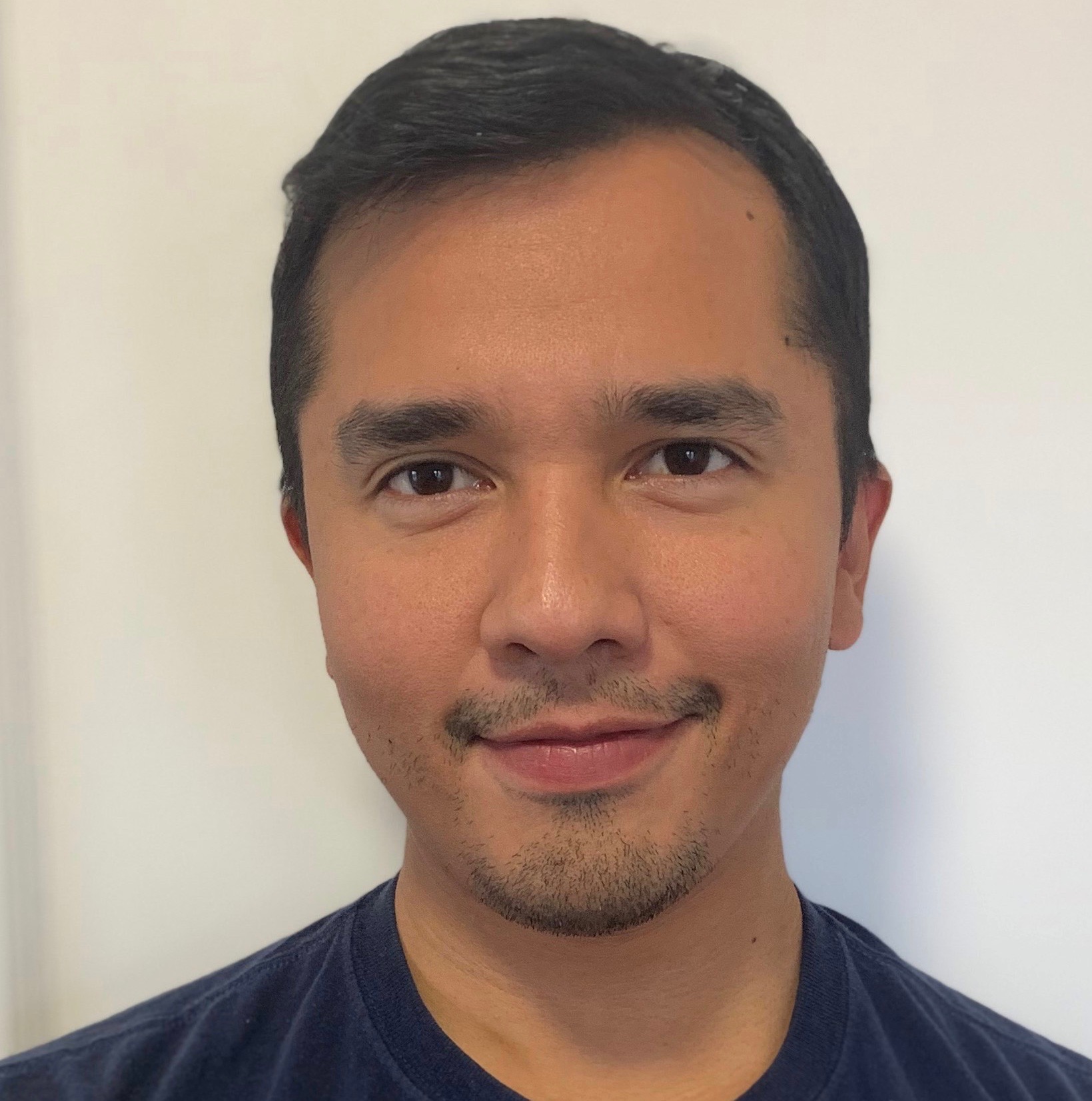
Hugo Salgado
Degree: Class Of: Current Occupation: How has linguistics informed or aided your career path since leaving UNC? Comments:
MA
2014
PhD student, The Ohio State University
At UNC, I was introduced to the challenges and rewards of linguistic fieldwork. I learned the best tools and techniques to document a wholly unfamiliar language directly from native speakers. Now, I’m helping in the documentation of Nawat, the indigenous language of my native El Salvador. While Nawat is severely endangered (there are perhaps less than 200 native speakers), the last two decades have seen the emergence of an important revitalization movement. As a result, a growing number of adults are learning Nawat and more documentation work is needed to improve the way Nawat is taught. The most important lesson that I learned at UNC is that we, as linguists, can play a very important role in the revitalization of minoritized languages.
My years at UNC have shaped me more than any other period of my life.
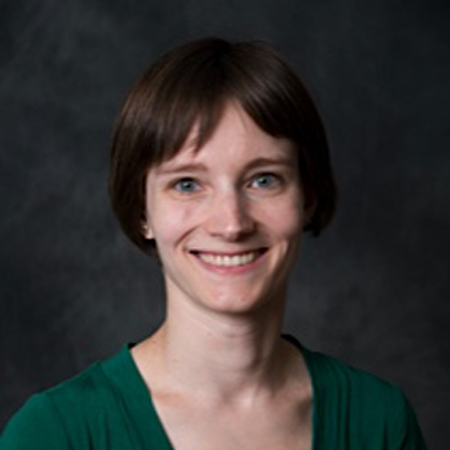
Teresa Schubert
Degree: Class Of: Current Occupation: How has linguistics informed or aided your career path since leaving UNC?
BA, Minors in Cognitive Science and Spanish - Hispanic Studies
2009
Postdoctoral Fellow
UNC Linguistics got me excited about the possibilities of studying language, and particularly the interactions between language and mind. This led me to a Ph.D. program studying Cognitive Science, where I studied the mental representations underlying written language in individuals with and without acquired language disorders. My background in linguistics gave me a rich understanding of the structure and processing of language that I combined with new expertise in studying visual cognition to produce my current research focus on how letter and digit symbols are recognized in the mind.
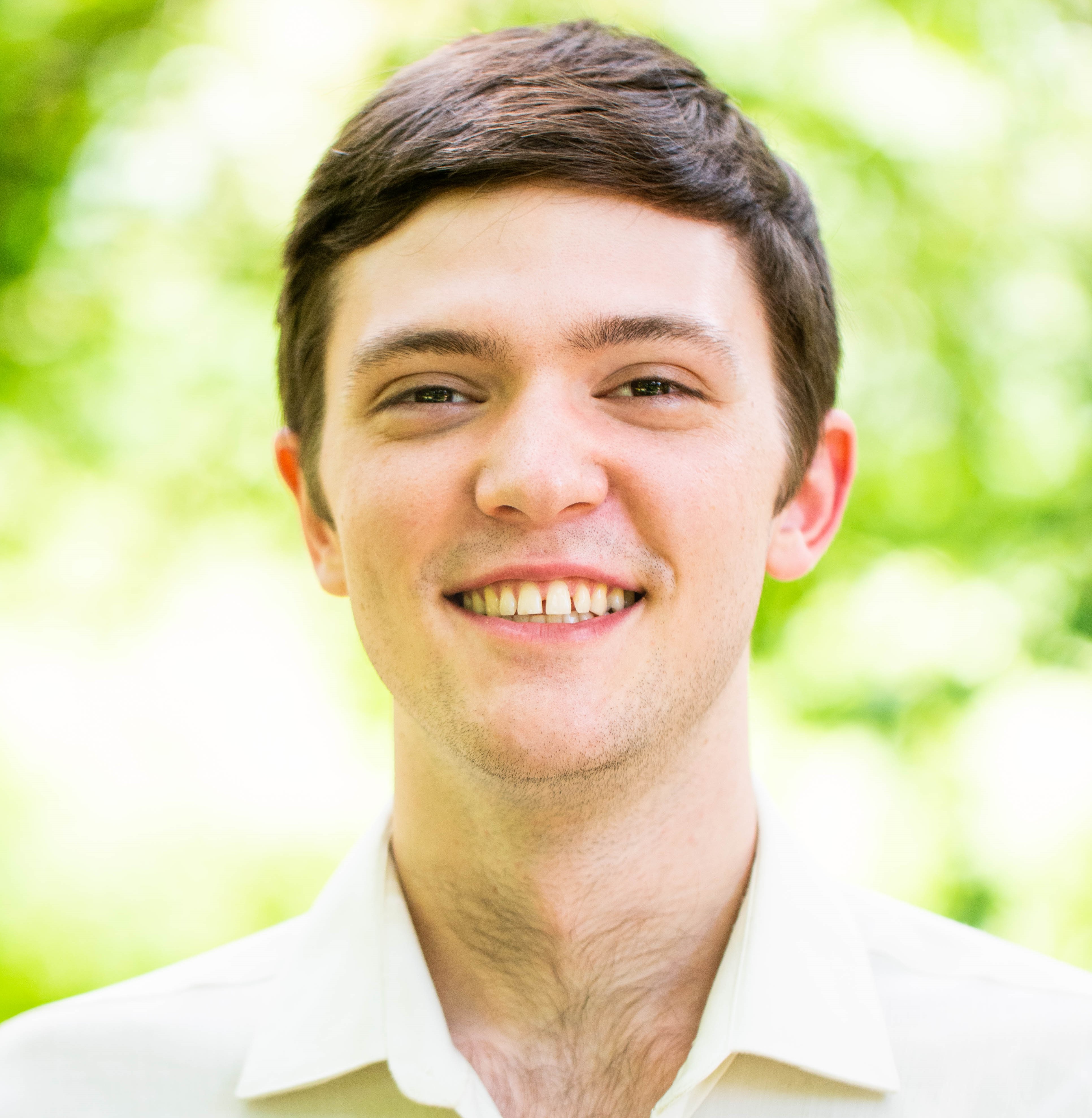
Simon Wolf
Degree: Class Of: Current Occupation: How has linguistics informed or aided your career path since leaving UNC? Comments:
Linguistics/Dramatic Art BA Double Major with Arabic minor, Linguistics MA
2019
Linguistic Consultant
Linguistics has always been a beloved part of my life, and I have committed to it featuring prominently in my career as well. Those of us who are lucky enough to find linguistics know how useful and relevant it is across contexts, but not everyone is as fortunate. As a consultant, I serve the role of general language expert across the fields of publishing, software development, education, and more, but the lodestar of my work is to share the deeper understanding and appreciation of language and linguistics in contexts where it might not otherwise be found.
The variety of opportunities I accrued at UNC was a huge jumping off point for the work that I do. I was able to develop skills in data analysis, project management, teaching, and research all in the context of a discipline that I love. That diverse foundation is invaluable in a toolkit for applying linguistic problem solving to a range of different questions.